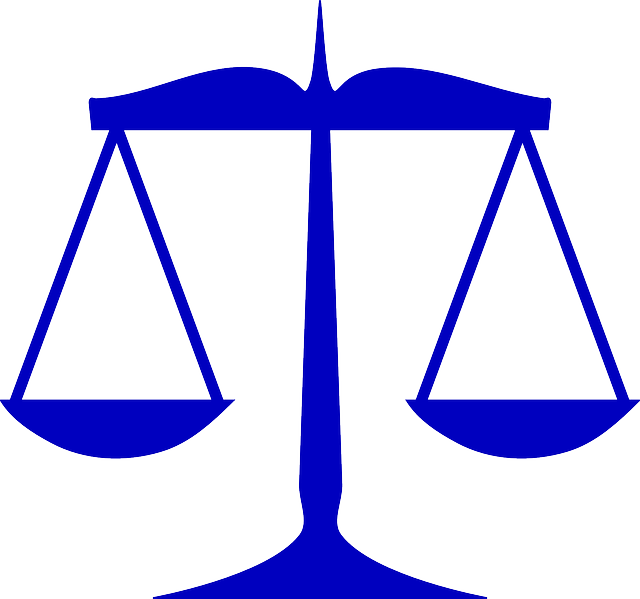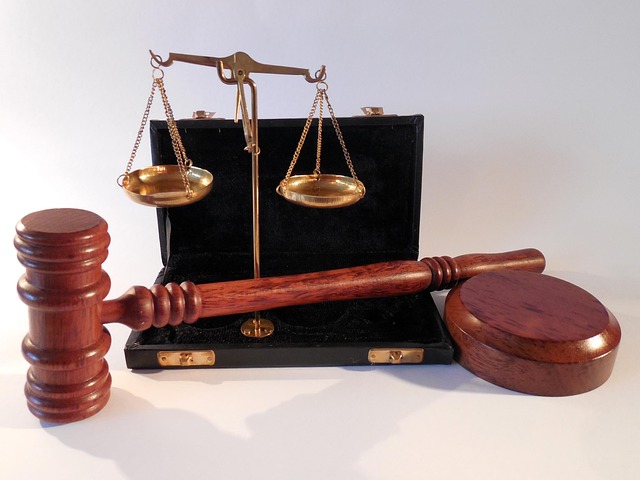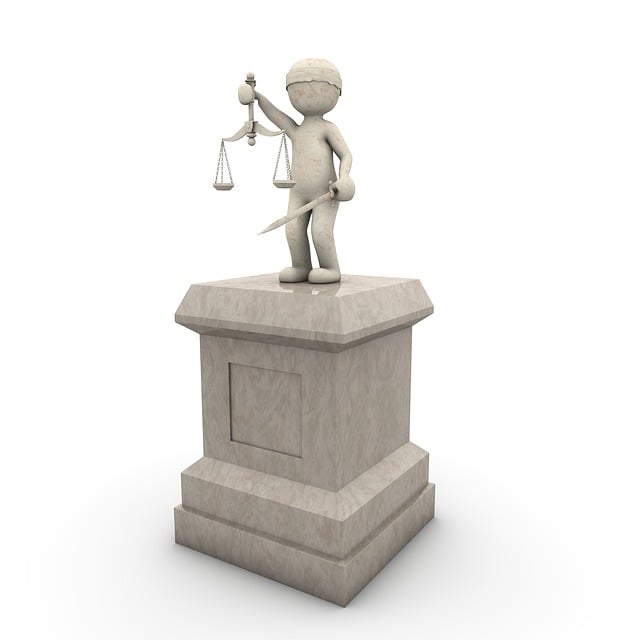Criminal Defense Attorneys are key protectors of individual rights within the criminal justice system, specializing in navigating complex cartel investigation procedures and penalties nationwide. They leverage their expertise in state-specific laws to craft personalized defenses for each client. In high-stakes cases involving drug trafficking, money laundering, and organized crime, these attorneys employ strategic arguments, scrutinize evidence, and fight for their clients' interests. Cartel investigations demand meticulous precision due to their complexity and severe penalties, including lengthy prison sentences and substantial fines. A successful defense strategy requires a nuanced approach tailored to the unique implications of cartel-related charges.
Criminal Defense Attorneys specializing in cartel cases play a pivotal role in navigating complex legal landscapes. Understanding their multifaceted responsibilities, from uncovering illicit activities through cartel investigation procedures to mitigating penalties, is crucial for anyone facing charges. This article delves into the intricacies of criminal defense in cartel-related matters, offering a comprehensive guide on procedures, potential sentencing, and effective defense strategies. By exploring these key aspects, individuals can gain valuable insights into their legal options and potential outcomes.
- Understanding Criminal Defense Attorneys: Their Role and Responsibilities
- Cartel Investigation: Uncovering Illicit Activities and Legal Implications
- Procedures for Criminal Defense in Cartel Cases: A Step-by-Step Guide
- Penalties and Sentencing: What to Expect in Cartel-Related Criminal Cases
- The Complexities of Defending Against Cartel Charges: Strategies and Defense Mechanisms
Understanding Criminal Defense Attorneys: Their Role and Responsibilities

Criminal Defense Attorneys play a pivotal role in safeguarding individuals’ rights within the criminal justice system. Their primary responsibility is to provide legal representation and advocacy for those accused of crimes, ensuring their rights are protected throughout the process. These attorneys are adept at navigating complex legal procedures, including cartel investigation processes and penalties, across the country. By thoroughly understanding state-specific laws and regulations, they can build robust defenses tailored to each client’s unique situation.
Beyond technical expertise, Criminal Defense Attorneys strive to achieve extraordinary results for their clients. They carefully examine evidence, identify potential loopholes, and formulate strategic arguments to challenge the prosecution’s case. Through relentless efforts, these legal professionals not only protect their clients’ interests but also foster a fair and just respect across respective businesses and communities.
Cartel Investigation: Uncovering Illicit Activities and Legal Implications

Cartel investigations are complex, high-stakes cases that require meticulous attention to detail at every stage of the investigative and enforcement process. These probe into intricate networks involved in illicit activities such as drug trafficking, money laundering, and organized crime. Criminal defense attorneys specializing in cartel investigations must be adept at navigating these labyrinthine operations while upholding the legal rights of their clients.
The procedures involve a combination of wiretaps, surveillance, forensic accounting, and witness intimidation strategies. Penalties for conviction can be severe, including lengthy prison sentences, hefty fines, and asset forfeiture. A general criminal defense strategy in such cases must consider not just the evidence against the client but also potential legal loopholes and the specific implications of cartel-related charges.
Procedures for Criminal Defense in Cartel Cases: A Step-by-Step Guide

When defending against cartel-related charges, a strategic and thorough approach is paramount. The first step in Cartel Investigation Procedures involves understanding the nature of the allegations and gathering evidence to counter them. This includes reviewing all available investigative materials, such as wiretaps, surveillance reports, and financial records, to build a solid defense strategy. It’s crucial to challenge the admissibility of any illegally obtained evidence to ensure a fair trial.
The goal is to navigate all stages of the investigative and enforcement process, from initial inquiry to trial, while focusing on avoiding indictment altogether. This requires expertise in identifying procedural errors, questioning witness credibility, and presenting exculpatory evidence. One potential outcome could be the complete dismissal of all charges if the defense can successfully prove that law enforcement exceeded their authority or failed to follow proper protocols during the investigation.
Penalties and Sentencing: What to Expect in Cartel-Related Criminal Cases

In cartel-related criminal cases, individuals facing prosecution should expect a thorough investigation that delves into every aspect of their involvement. The Cartel Investigation Procedures and Penalties are designed to hold accountable those implicated in organized crime. This process involves multiple stages, from initial surveillance and interrogation to evidence collection and legal proceedings. Prosecutors must navigate complex laws and regulations to ensure fairness and accuracy throughout all stages of the investigative and enforcement process.
Penalties for conviction can be severe, often including substantial fines and lengthy prison sentences. The nature of the offense and the specific circumstances of each case will determine the exact sentencing. While these cases can be challenging, those accused have rights and access to legal representation. With the help of experienced Criminal Defense Attorneys, individuals can navigate this complex landscape, ensuring a robust defense strategy. A successful defense may lead to the complete dismissal of all charges, providing a positive outcome for those wrongfully implicated in cartel activities.
The Complexities of Defending Against Cartel Charges: Strategies and Defense Mechanisms

Defending against cartel charges is a complex task due to the intricate nature of these investigations. Cartel activities often span international borders, involving sophisticated money laundering schemes, drug trafficking routes, and corrupt official networks. Criminal defense attorneys tackling these cases must navigate a maze of legal complexities, from understanding the specific laws related to organized crime to mastering the unique procedures used in cartel investigations.
Strategies for defending against such charges include scrutinizing investigative methods, challenging evidence collection practices, and leveraging loopholes in legislation. Defense mechanisms often focus on proving lack of direct involvement, distinguishing between knowledge and intent, and highlighting procedural errors during all stages of the investigative and enforcement process. Given the severe penalties associated with cartel-related convictions—which can include lengthy prison sentences and substantial fines—attorneys must employ creative and rigorous defenses to achieve winning challenging defense verdicts in cases involving white collar and economic crimes.
Criminal defense attorneys play a vital role in navigating complex cartel investigations and proceedings. By understanding their responsibilities, from unraveling illicit activities to employing strategic defense mechanisms, individuals facing cartel-related charges can better prepare for the legal battle ahead. This article has provided an insightful guide through the process, highlighting critical aspects such as investigation procedures, potential penalties, and step-by-step defenses. Remember that, in these intricate cases, a well-informed and experienced attorney is essential to ensuring fair representation and favorable outcomes.






